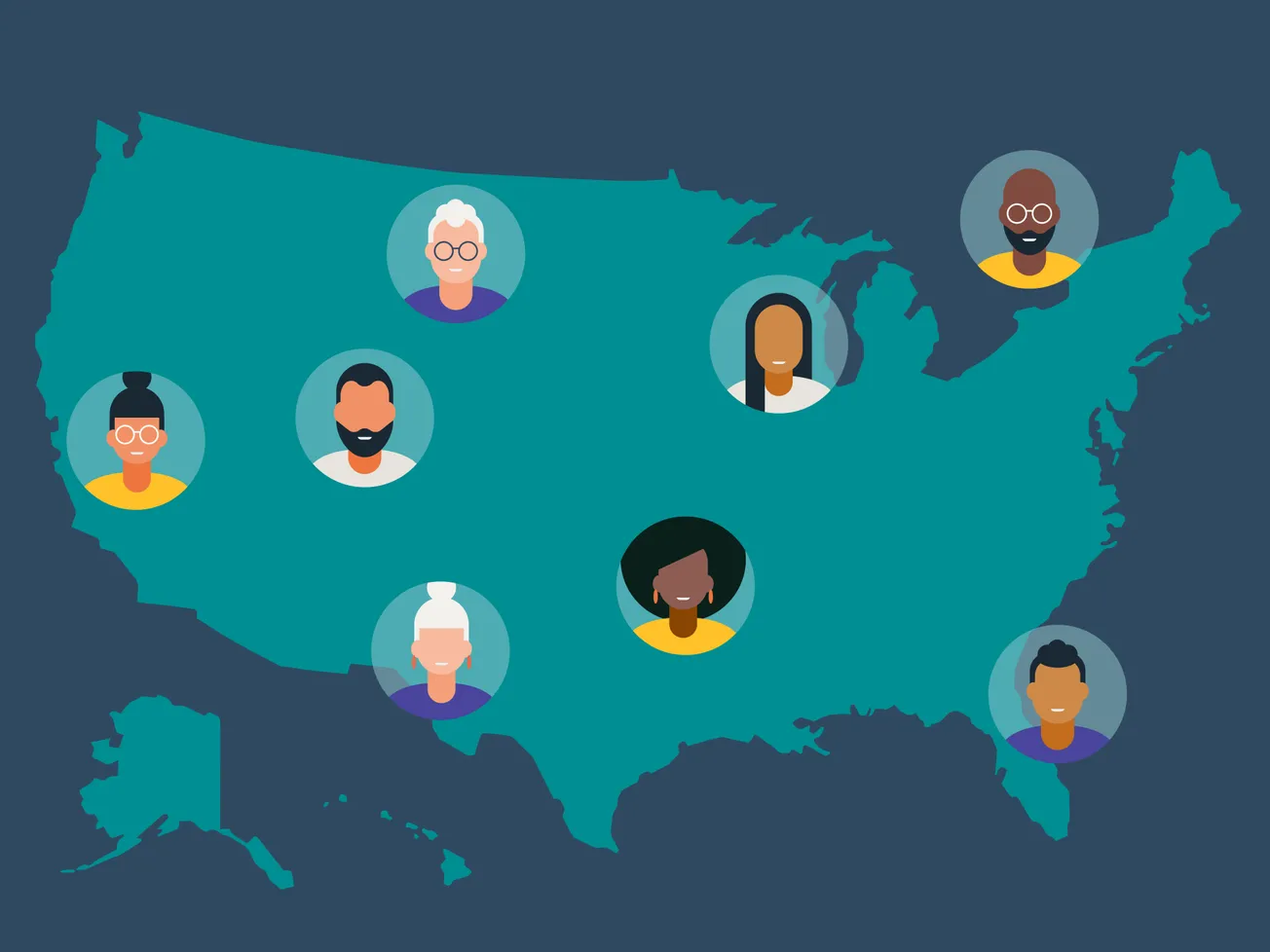In 1985, I was one of four students from my Catholic high school in Fresno, California, to apply to Boston College. I was the only one accepted and at least one of the other three told me that it was because of affirmative action. To this day, I do not consider them racist. Naïve, ignorant, and hurtful, yes, but not racist.
Unfortunately, the comments that people make remain with you forever. You can use them as an excuse for your failure or motivation towards your success. This experience was a reminder of what my father once told me: I had to be twice as good, I had to prove myself, and I had to hope to be considered good enough. This mindset remains today. The playing field in America is not designed to be level, but a person can achieve success if the person understands that it takes hard work, help, and some luck to achieve success. I did not matriculate at Boston College, but I learned about people through the experience.
To all minority parents, I emphasize that a renewed commitment to responsibility for the education and upbringing of your children is necessary. The Supreme Court has ruled that affirmative action is not the best approach to bringing about racial equality or opportunities for educational advancement. The Supreme Court decision should not be a surprise, nor should future court decisions that negatively impact civil rights or minority opportunities.
Parents, if you want a better life for your children, you must do the heavy lifting by attending parent-teacher meetings, attending school board meetings, and voting every chance you get. The courts and the government will not lead the fight for a better way of life; it is up to the individual household to take action to ensure that it not only survives but thrives in its pursuit of the American dream. The reality is clear: education is available, but preferences are discouraged.
Therefore, if your child must attend community college for two or three years before attending a four-year university, do it. If a child must work to help pay for school because student loans are not available, tell them to get the job. If vocational or technical training is the best option—or the first option—pursue it. College remains available, but access to the best schools and universities will be more competitive than ever. If you want your child to attend, your child must be the best and brightest. You can’t just be the best minority; you must be the best—period!
As people of color, we must recognize that America truly is a land of opportunity and that to succeed, one must learn how to play the game at the highest levels. That means researching the educational system in your community to ensure that your child attends the best schools possible, taking advantage of after-school programming where available, and gaining an understanding of what the best post-secondary opportunities are. Knowledge is key and you do not need a college education to figure out what can be done to improve the opportunities for your children. We must accept the continued challenge presented by the Supreme Court and rise above, as the prior generation did before, during, and after the Civil Rights Movement.
Do not consider Supreme Court rulings as a deterrent. Look at them as a challenge to succeed despite what they throw at you. It’s no longer the 1960s, but the mindset toward success must be the same: we are not owed anything—we must earn everything. My parents raised us with this attitude and my wife and I live by it today. If you want a good education, ask how to obtain one. And when you ask, ask multiple sources to ensure that you get as much information as possible. Racism will always be here and there will always be people who do not want others to succeed. There will also be people willing to lend a hand to help. Change is slow for society, but the individual can change his or her mindset and move forward in a positive direction at any time. Now is the time to strengthen your mindset and resolve to achieve success.
Be mindful that the current Supreme Court majority is the result of two things: Senate leadership refusing to hold hearings on any SCOTUS nominees President Barack Obama would submit in 2016, and not enough people voting Hillary Clinton for president in 2016. It wasn’t just a power play for Senate chief Mitch McConnell to not entertain Obama performing his constitutionally mandated duty; every person of color knew then where we stood. We also know what can happen when people do not vote. Change comes from participation and people of color had better participate going forward.
I also challenge Church leaders to do what they can to help parents and children learn more and get ahead. Churches are a place of knowledge and information for those seeking a better way of life. Some congregations provide after-school and tutoring programs. Others provide social services and food pantries and more. Many churches are comprised of elders that have fought the good fight, raised families, and can share their experiences to help the current generation appreciate what it takes to achieve success. We need churches to provide information to help parents better understand their options while also holding school administrators accountable. Churches can and should provide more than spiritual growth and renewal. Together, we can take action to raise the next generation while taking advantage of the opportunities that are available.
I will end by sharing that while my grades and SAT scores may not have been as good as my classmates, I know I did well in interviews with alumni. In the end, I earned a bachelor's degree from UMass Amherst, an MBA from Cornell University, and a doctorate from Nova Southeastern University. I built and sold a successful funeral home business and now my wife and I spend our time helping to improve a school in Rubuguri, Uganda.
It has taken hard work, dedication, and a mindset that I would not let racism or discrimination keep me down. With God’s favor, solid mentors, and the help of good people, anything is possible, even when people tell you otherwise. Based on my life experiences and the stories from my parents, I know there are more people out there who will support you than there are people trying to keep you down. My support has come from people of varying races, ethnicities, and nationalities, and I am blessed that they saw potential in me and helped to bring out the best in me. Keep the faith, put in the work, and trust God, and your future will be as bright as you make it.
Ronald E. Smith, Ed.D is a lifelong Catholic who enjoys writing. He is a Rotarian and a parishioner at St. Edward the Confessor Church in Dana Point, California and St. Paul’s Catholic Church in Rubuguri, Uganda. He and his wife Sandy recently founded Friends of St. Kizito Rubuguri Primary School in Rubuguri, Uganda, where they serve as missionaries. He can be reached at resmithinc@aol.com.









